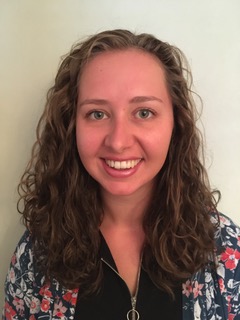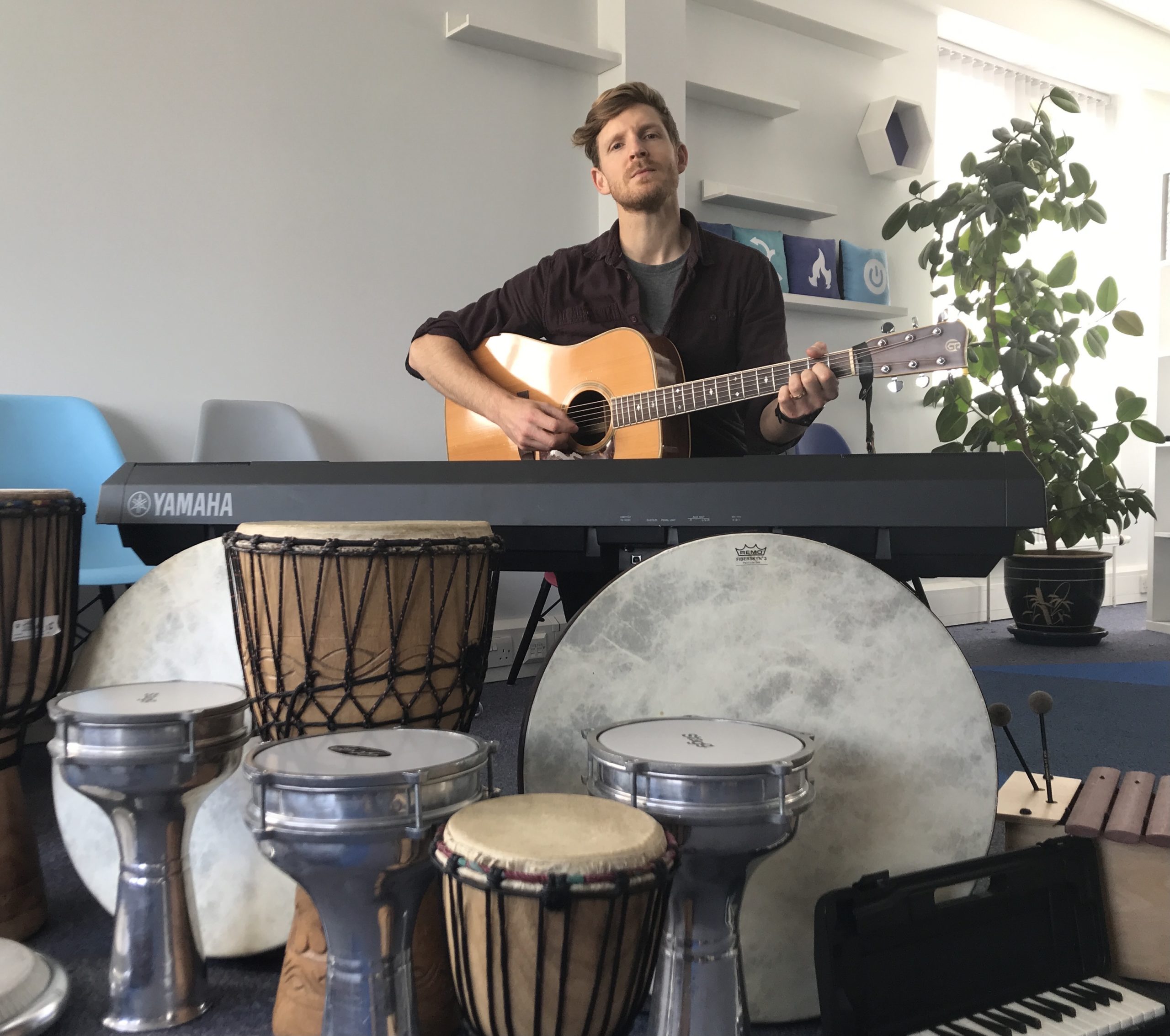

Inspirational Story
Melody Morris
What influenced your choice of profession?
I was always involved in lots of music growing up – choirs, orchestras and different groups in school and outside school.
I considered lots of careers as a musician (an Army musician or an orchestral musician) but I was interested in how music affected people in different ways and how music can change your mood in ways that are unique to each individual. I wanted to do something where I could use music to help other people, not just play to other people.
My Aunty worked in a special needs school and she told me about the work their Music Therapist did at the school. I thought this sounded like something I’d like to do: helping people using music and giving others the opportunity to experience music, including when they can’t communicate with words.
Mental health was and still is a more and more talked about topic, and there is more and more research happening to show that engaging in music (playing or listening) impacts on our mental health significantly, in a positive way.
Have you had any lightbulb moments whilst studying?
Before I started the Masters in Music Therapy, I decided to shadow a Music Therapist for a week for some work experience, mainly to check I definitely wanted to study for another 2 years and choose this career path.
I spent some time in care/nursing homes and participated in some of the Music Therapy groups there. There was one lady who had dementia and had lost the ability to speak around a year previously. She was very agitated in the group and seemingly wanted to leave but her mobility was such that she couldn’t do this independently. The Music Therapist began playing ‘Amazing Grace’ and she suddenly started to stare at him, sat up in her chair and made eye contact with him. As he sang, she started to sing the words to the hymn with him. Their relationship and the song together had impacted her, and she was able to engage in something that was really meaningful. Lots of the staff were moved by this experience too. I felt honoured to witness this powerful moment and that made me sure that this profession was for me!
I wanted to do something where I could use music to help other people, not just play to other people.
What does your current role looks like day to day?
For the last year, I have worked in a secure mental health hospital. The people I work with are women and young people who have a high risk of harm to themselves or others.
My week often comprises of a mixture of individual sessions, group sessions, meetings and report writing. In Music Therapy sessions, I use a combination of improvisation, songwriting, listening to music and discussion. Emotions and thoughts can be communicated through music in a way that it can be difficult to do through language, so I work with people to try and find ways that they can safely express themselves and process some of the difficult experiences they might have had in the past.
I’m part of the psychology team in the hospital and meeting with my colleagues helps me to think through the therapy goals I have with each person, to support them on their journeys to recovery.
How you come to become in the position you are in now?
Up to and during studying Music Therapy, I had lots of experience in schools and with people with learning disabilities and special needs. I always thought I would work in schools, and I did for 4 years after qualifying. I went from working in special needs to mental health schools, and with older children /young adults.
During the COVID-19 pandemic, mental health became even more at the forefront of people’s minds and was in the media much more. I knew this was an area that Music Therapy and creative therapies could really help. I interviewed for my current job for some interview experience, having never worked in this area before. I’m so glad I took the plunge because I love my job and I would have never thought this would be something I’d do!
What do you love about your role/course?
I studied a Masters in Music Therapy at the Guildhall School of Music and Drama in London. I commuted from Birmingham which was tough in itself, but I think I got more reading done than my peers as I was on the train so much!
The course was amazing and I learned a lot about myself through personal therapy, as well as learning the theory and practice of Music Therapy in a variety of settings, and studying music as a musician alongside. The best bit was my placement in second year – I had a great supervisor and I preferred the doing to the reading!
In my job, I love my team. I feel valued and appreciated in what I do and that is something that makes the job enjoyable and satisfying. There aren’t any other Music Therapists where I work and that can feel isolating, but I have always felt part of the team here and fully supported in my role.
